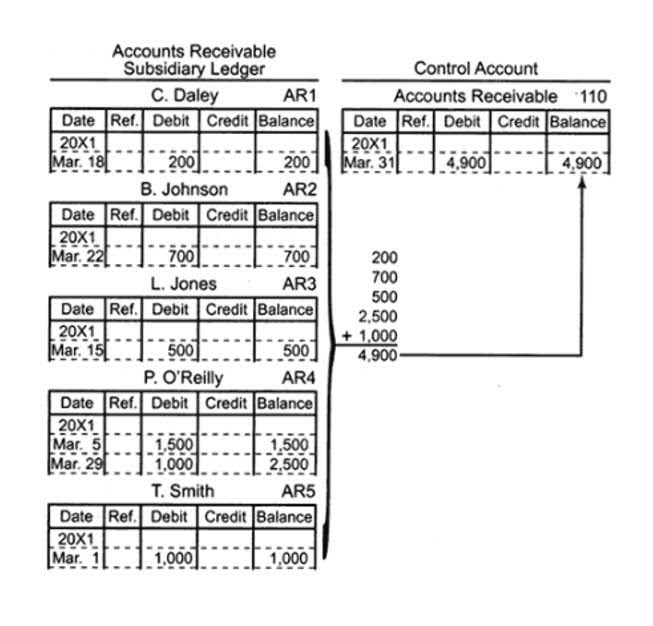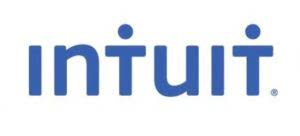Legal E-Billing Software: Everything You Need to Know

The use of legal e-billing software solutions has only improved relations between clients and law firms. A conventional billing system in a typical law firm involves manual preparation and in-person sharing of paper invoices with the clients. Whereas electronic billing or e-billing is the process of automating the legal cash flow billing to create, review, approve and deliver invoices automatedly at a law firm.

Department of Financial Services

For example, here are some of the billing reports you can Certified Bookkeeper generate with Clio. When lawyers and staff spend less time manually managing invoices, law firms save money. Also, by using software to automate legal billing, firms improve accuracy by reducing the chance of manual error or oversight. By automating and streamlining the billing process, it reduces the time and effort required to manage law firm’s invoices, leading to quicker client approvals and faster cash flow payments. The enhanced accuracy and transparency of e-billing also minimise disputes over charges, further expediting payment processes. One of the primary concerns for law firms is protecting sensitive clients and financial data.
- Increase your law firm’s financial stability with our comprehensive finance guide.
- This guide on how to decide to invest in legal software can walk you through some important questions to think about when choosing a legal billing software, like Clio Manage.
- E-billing metrics can be used to create meaningful data reports, which allows law firms to make well-informed business decisions that are in line with their pricing strategies.
- Additionally, legal e-Billing solutions increase efficiency by automatically flagging invoices that don’t adhere to your legal billing guidelines.
- Keeping records of untaxed purchases and remitting use tax when necessary is crucial.
- Our system makes it easier to follow outside counsel guidelines for external legal counsel, potentially cutting your legal expenditures by as much as 20%.
- With this automation, individual legal ops members are no longer responsible for manually moving invoices to the next stage.
Faster Payment of Invoices

Consequently, if you find that you are spending too much time on a particular case or case, you can schedule a meeting through the system and organize the cases that need to be handled first by your team that day. You can ask Brightflag to provide the insights you need in seconds, saving your team even more time. Automated notifications can be sent to reviewers to remind them of pending invoices, making the process more user-friendly. So, an effective e-billing tool should rely on artificial intelligence to analyze and classify invoice line items. legal e-billing A machine is better at standardizing definitions for tasks, expenses, and billing rates, which eliminates any ambiguity.
- Not having an e-billing solution or the ability to create legal invoices in LEDES formats can prove detrimental for a law firm to onboard a client.
- We wanted to get even more AR capabilities from that acquisition, and we definitely have and are incorporating them.
- By understanding how eBilling systems work, recognising their benefits, and following best practices for implementation, in-house legal teams can harness the power of technology to optimise their operations.
- One of the primary concerns for law firms is protecting sensitive clients and financial data.
- Legal billing software minimizes this risk by automating most of the billing cycle, including time tracking, invoice generation, and payment processing.
- Income tax is applied to the profits you make from your ecommerce business.
- The operation of detailed eBilling systems revolves around a few key processes.
Legal E-Billing Software: Everything You Need to Know

If you have a nexus (a significant connection like a warehouse, employees, or sales threshold) in a state, you’re responsible for collecting and remitting sales tax for purchases made by customers in that state. If you look at any of our payment products, like virtual card and international payments, as examples, they’re close to five years old. If you looked at it from the outside, you’d say, “OK, I need to have FX payments.” Now you’ve got to do all that work for five years to figure out how to actually go do it, and it’s not easy work. From a software perspective, we wanted to solve the operational mess, clean it up, and earn the right to actually do the payment. Then, over time, we’ve added all these other payment types that allow us to monetize differently.
The detailed breakdowns provided by e-billing software empower legal departments to have better control over costs. Missing tax filing deadlines can result in late fees, penalties, and even interest charges. For sales tax in particular, states are often unforgiving when it comes to late payments, and repeated misses could harm your business’s credibility. Nexus refers to the connection your business has with a state, which determines whether you’re required to collect and remit sales tax there. Nexus can be triggered by factors like having a physical location, employees, inventory, or even significant sales volume in a particular state (economic nexus).
For legal departments considering the transition to eBilling, here are some practical tips to ensure a smooth and successful implementation. The operation of detailed eBilling systems revolves around a few key processes. The operation of simple eBilling systems revolves around a few key processes.
EBilling systems are software solutions designed to digitise the billing and invoicing process between legal departments and their external counsel. These systems serve as a centralised platform where invoices are submitted, processed, and analysed. At their core, eBilling solutions leverage technology to standardise the exchange of billing information, ensuring that invoices are consistent, comprehensive, and compatible across different systems. While the billable hour is still the norm, many law firms are also adopting alternative billing arrangements. These billing arrangements include flat fees, unbundled legal services, and sliding-scale fees.


0 comments on Legal E-Billing Software: Everything You Need to Know